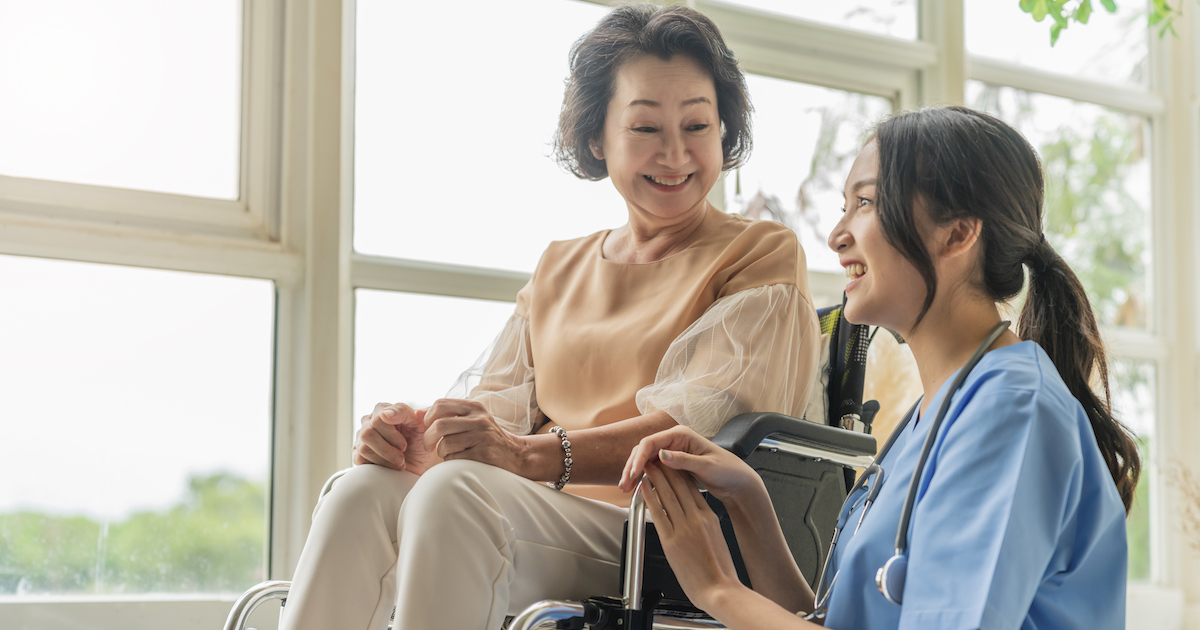Fujitsu to test new MM wave sensor, AI for fall detection in Japan's nursing homes
2022-11-22
AHA会议临床研究

Preview
来源: mobihealthnews
Photo by: Lifestylememory/Freepik
Fujitsu and Wakayama Medical University in Japan will conduct joint trials of new fall detection technologies to monitor patients in highly private spaces, including hospital rooms and nursing homes.
WHAT IT'S ABOUT
Over the next 16 months, they will test Fujitsu's millimetre-wave sensor, which collects point cloud data to accurately estimate body postures, and the Actlyzer AI technology that analyses complex human behaviours. These technologies do not use cameras and collect personal information from patients.
Demonstration trials of these technologies will be held at hospitals and nursing homes with elderly patients and people that require nursing care.
During the trials, Fujitsu will analyse whether its AI technologies are able to detect body movements such as falls while preserving patients' privacy. Its analysis will then be evaluated by researchers from Wakayama Medical University from their medical viewpoint. This evaluation will later be used by Fujitsu to refine its products.
WHY IT MATTERS
Last year, 18 hospitals in Japan recorded nearly 300 falls each month, according to the Japan Hospital Association. Despite this, hospitals still find it difficult to deploy camera-based monitoring technologies, especially in privacy-sensitive contexts.
To address this challenge, Fujitsu, together with Wakayama Medical University, initiated the trials at actual elderly facilities to not only reduce the risk of falls and serious injuries but to also support patient monitoring and enable faster response to emergency situations while ensuring patients' privacy.
The organisations also plan to offer a MM wave sensor service for hospitals and nursing homes by next year, which will allow senior patients to enjoy greater independence and privacy.
MARKET SNAPSHOT
A new wearable device is also preventing falls and assisting in the physiotherapy of elderly patients in Singapore. Developed by researchers from Nanyang Technological University Singapore and Tan Tock Seng Hospital, the device called Mobile Robotic Balance Assistant has sensors to detect a loss of balance and catches its wearer with a safety harness worn around the hips. It also helps users to either stand up or sit down safely.
Tags: Fujitsu, Japan, Wakayama Medical University, fall detection, fall prediction, aged care, elderly care, AI, nursing home, millimeter-wave sensor
更多内容,请访问原始网站
文中所述内容并不反映新药情报库及其所属公司任何意见及观点,如有版权侵扰或错误之处,请及时联系我们,我们会在24小时内配合处理。
适应症
靶点
-药物
-来和芽仔聊天吧
立即开始免费试用!
智慧芽新药情报库是智慧芽专为生命科学人士构建的基于AI的创新药情报平台,助您全方位提升您的研发与决策效率。
立即开始数据试用!
智慧芽新药库数据也通过智慧芽数据服务平台,以API或者数据包形式对外开放,助您更加充分利用智慧芽新药情报信息。





